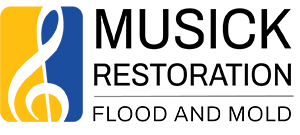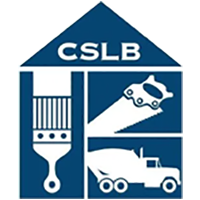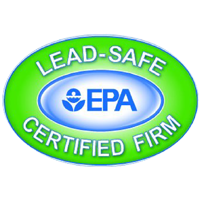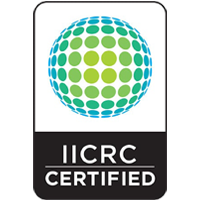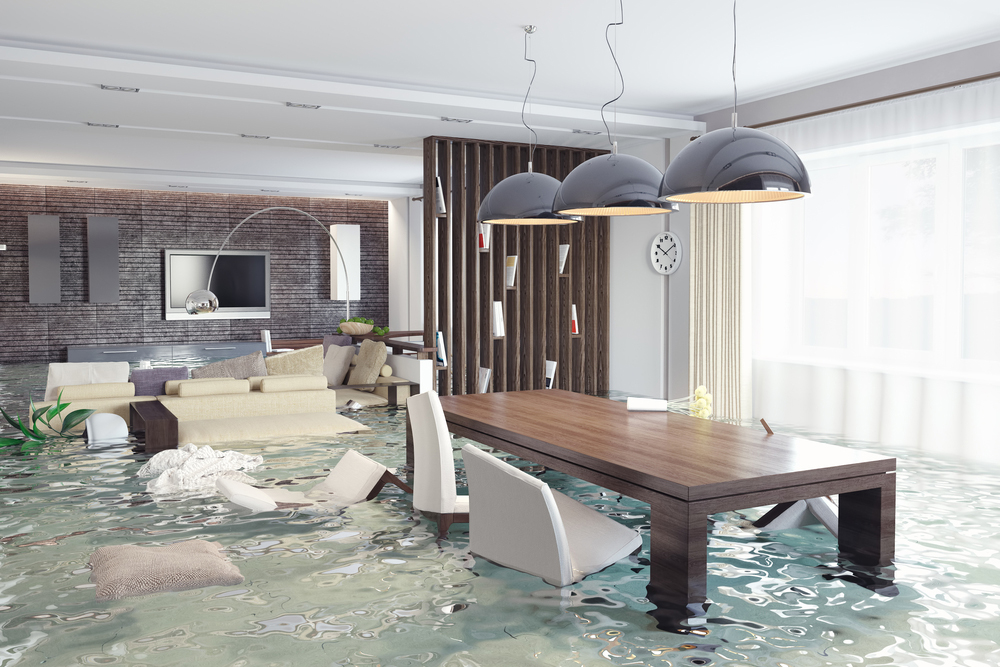
The Basics of Mold
Mold is a type of fungus that can grow indoors and outdoors, thriving in moist environments. It reproduces by releasing spores that can be airborne and inhaled, making it a potential health hazard when it grows inside your home or office.
Common Health Risks from Mold Exposure
- Allergic Reactions: The most common health issue caused by mold is allergic reactions, which can vary from mild to severe. Symptoms often include sneezing, runny nose, red eyes, and skin rash. People with mold allergies may have more severe reactions.
- Asthma Attacks: For individuals with asthma, mold can be a serious trigger. Exposure to mold spores can lead to increased frequency and severity of asthma attacks.
- Respiratory Infections: People with compromised immune systems or chronic lung illnesses may develop respiratory infections from mold exposure. This includes conditions like pneumonia and bronchitis.
- Irritant Effects: Mold can cause irritation to the eyes, skin, nose, throat, and lungs, even in people who aren’t allergic. Constant exposure to mold can increase sensitivity and irritation over time.
Identifying Mold in Your Environment
Mold can grow almost anywhere there is excess moisture and organic material. Common signs include visible growth on walls or other surfaces, a musty odor, or water damage. Regular inspections in prone areas like bathrooms, kitchens, basements, and around windows can help identify mold early.
Preventive Measures
- Control Humidity: Maintain indoor humidity levels below 50% to inhibit mold growth. Use dehumidifiers and air conditioners to manage moisture.
- Ventilate: Ensure that bathrooms, kitchens, and laundry areas are well-ventilated to prevent moisture buildup. Vent appliances that produce moisture, like clothes dryers, to the outside.
- Fix Water Leaks: Promptly repair any leaks in roofs, windows, or pipes to prevent water accumulation that could support mold growth.
- Clean and Dry: Thoroughly clean and dry any areas of your home or office that have been exposed to flooding or water leaks within 24 to 48 hours to prevent mold from establishing.
When to Seek Professional Help
If you suspect that you have a mold problem beyond your ability to manage, it’s important to call professional remediation services. They can assess your situation, test for mold, and effectively remove it, ensuring the health and safety of everyone in the building.
The health risks associated with mold in residential and commercial environments are significant but largely preventable with the right strategies and responses. Musick Restoration provides expert mold remediation services to help ensure that your indoor environments are safe, healthy, and free of mold.

